Netherlands
Dozens of pro-Israel protesters gathered outside the International Court of Justice (ICJ) in The Hague on Friday.
Hearings are underway at the UN court as part of a genocide case brought by South Africa against Israel because of its actions in Gaza.
On Thursday, South Africa said the situation in the Palestine enclave had reached “a new and horrific stage” and urged the 15 judges to take urgent action.
It is the third time that the ICJ has held hearings on the Israel-Hamas war since South Africa filed proceedings at the court in December.
One of the pro-Israel demonstrators, David (no last name given), said no-one has the right to tell a country “what they’re supposed to do in a military endeavour” when they are defending themselves.
“In a conflict, there is no such thing as clear cut and niceness, it just doesn’t exist. Any war in human history has been gruesome and horrible. It’s not to say that it's good to do that, but it’s a clear fact of war,” he said.
Judith, (also no last name given), said Israel’s actions were not genocide, and that they were just “trying their best to get their hostages back and to end the war with Hamas”.
About 1,200 people, mostly civilians, died in Hamas’ 7 October cross-border attack into southern Israel, during which it took more than 200 people hostage.
It is estimated that about 35,000 people, mostly civilians, have been killed in Israel's military retaliation, and its siege of the enclave has created a dire humanitarian situation.
At the ICJ on Friday, Israel rejected charges of genocide, after South Africa filed an urgent request with the court to order a ceasefire in the Gaza Strip.




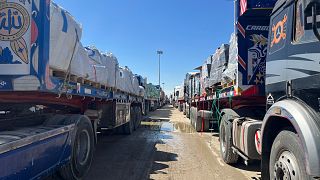
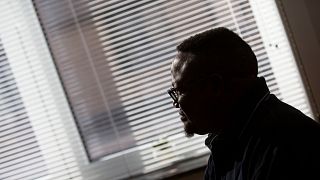
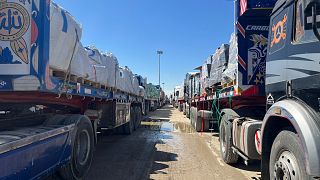
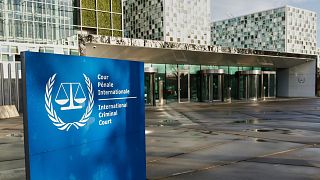
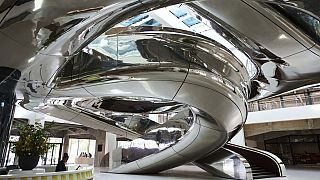
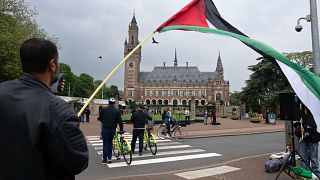
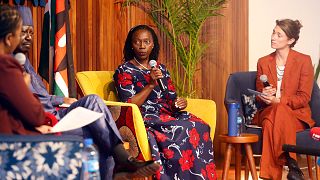
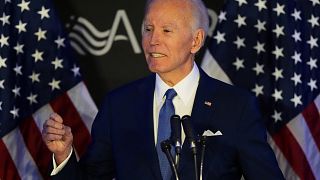
Go to video
South Africa urges white farmers to stay amid U.S. refugee controversy
Go to video
Pix of the Day: May 15, 2025
Go to video
Endurance athlete marks 'Jaws' anniversary with swim to change shark narrative
Go to video
Episcopal church won't assist resettling South Africans 'refugees' in US
Go to video
Spanish coach Riveiro leaves South African club amid Al Ahly link
Go to video
White South Africans welcomed in US not "refugees", South African leaders and scholars say